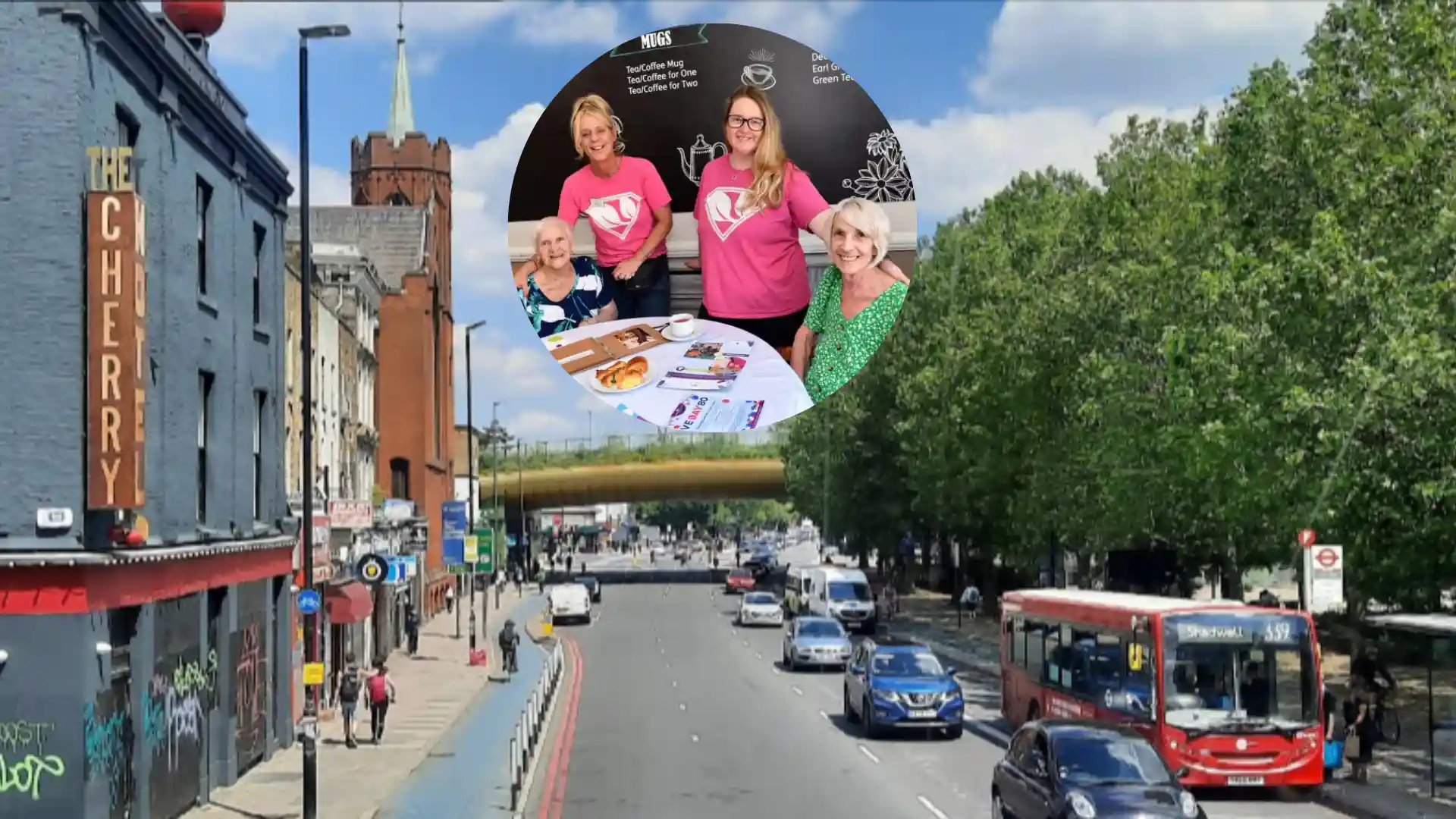Key Points
- Ashbrook Court Care Home in Waltham Abbey has launched monthly tea parties to foster community connections.
- The events bring residents, their families, and community groups such as local primary school children together.
- The care home offers residential, nursing, and specialist dementia care with 70 beds.
- The “Friends of Ashbrook Court” initiative supports local charities and food banks and offers emotional support gatherings for families.
- Care Home Manager Jonathane Ribeiro and Lifestyle Coordinator Rosemary Fox highlighted the positive impact of these community activities.
- The initiative aims to reduce stigma around care homes by creating a welcoming and open environment.
- Ashbrook Court care home also holds weekly worship sessions with community groups such as High Beech Church.
- The care home promotes an active social life for residents through activities, outings, and a homely environment.
What Is the Purpose of the Community Tea Parties at Ashbrook Court Care Home?
As reported by Rosemary Fox, Lifestyle Coordinator at Ashbrook Court Care Home, the tea parties aim to bring residents, their families, and community members together in a joyful and engaging atmosphere. Ms Fox described the first event as a “fantastic event” that spread joy among residents, children from High Beech Primary school, and the care team. She said,
- Key Points
- What Is the Purpose of the Community Tea Parties at Ashbrook Court Care Home?
- How Does Ashbrook Court Care Home Broaden Community Engagement Beyond Tea Parties?
- What Is the Impact on Residents and Families of These Community Initiatives?
- What Services and Facilities Does Ashbrook Court Care Home Provide?
- How Does Ashbrook Court Work To Reduce the Stigma Around Care Homes?
- What Other Community Activities Are Supported by Ashbrook Court Care Home?
“The youngsters were amazing and spread so much joy round the home. They enjoyed it so much that they have asked if they can come back to sing Christmas carols and do some gardening!”
These gatherings are part of a broader “Make a Difference” campaign designed to foster meaningful connections between the care home and its surrounding community.
How Does Ashbrook Court Care Home Broaden Community Engagement Beyond Tea Parties?
Jonathan Ribeiro, Care Home Manager, explained that the home is committed to building strong community links. His statement emphasized,
“We firmly believe in the value of community engagement and the benefits for our residents are plain to see. Creating a lively and engaging atmosphere is vital for our residents’ well-being, and these tea parties are a perfect way to achieve that.”
Beyond monthly tea parties, the home has established the “Friends of Ashbrook Court” group, which supports local charities and food banks, further extending its community role. This group offers relatives of residents a platform for sharing experiences, receiving support, and forming friendships. Mr Ribeiro remarked,
“It’s about more than just companionship. It’s about meaningful connections and a sense of belonging for residents, while giving families somewhere to talk and build trust with our team”.
What Is the Impact on Residents and Families of These Community Initiatives?
Steven Strum, whose wife is a resident, shared the emotional benefits of the Friends of Ashbrook initiative:
“Meetings like this are important as it means that you meet other relatives and can share your experiences with them.”
Resident Rita Williams described the gatherings as “just lovely” for coming together and sharing stories. The sessions also provide reassurance and insight for those beginning to seek care for their loved ones. Lifestyle Coordinator Lorna Morey highlighted the initiative’s supportive goal:
“The concept behind our Friends of Ashbrook is to open a space for the loved ones of our residents to share their stories and journeys having a loved one in a care home… To hopefully find comfort, support and ideas that will benefit them, and just to feel that they are not alone.”
The emotional support extends to enhancing the wellbeing of residents and their families, creating what Mr Ribeiro calls a “strong family feel” within the Ashbrook Court community.
What Services and Facilities Does Ashbrook Court Care Home Provide?
The 70-bed care home on Sewardstone Road offers a range of services including residential care, nursing care, and specialist dementia support. According to the care home’s website, the facility prides itself on providing a safe, comfortable, and homely environment with amenities such as ensuite rooms, a cinema room, hair salon, and beautiful gardens. Activities are designed to maintain an active lifestyle, including arts and crafts, exercise classes, and outings to local places of interest. The nursing team is experienced in caring for residents with complex needs like dementia, Parkinson’s disease, and stroke recovery. The team prioritizes individualized care plans tailored to each resident’s requirements to ensure quality of life and comfort.
How Does Ashbrook Court Work To Reduce the Stigma Around Care Homes?
Jonathan Ribeiro emphasised the home’s mission to open its doors to the community to promote openness and understanding of life in a care home. He stated,
“It also opens the door to the community and helps reduce the stigma around care homes by creating a welcoming, open environment.”
This approach not only benefits residents emotionally but also encourages community members to engage and challenge misconceptions about care homes. These monthly events and ongoing community interactions create a transparent and positive perception, supporting families and their loved ones.
What Other Community Activities Are Supported by Ashbrook Court Care Home?
Ashbrook Court also hosts weekly visits from High Beech Church for worship sessions and organises special events like holiday gatherings and intergenerational activities. Past events have included residents’ trips to sports stadiums, theatrical experiences, and engagements in memory-evoking social activities such as enjoying childhood sweets. The care home even received the Great British Care Awards’ regional Social Care Covid Hero award, reflecting its commitment to social care excellence. These activities reinforce the care home’s focus on a holistic, vibrant lifestyle for residents.
Ashbrook Court Care Home’s community initiatives demonstrate a comprehensive approach to care that integrates social connection, wellbeing, and community engagement. Through monthly tea parties, support groups, and diverse activities, the home not only enriches residents’ lives but also builds a support network for their families and breaks down barriers between the care home and the wider community. This model highlights the importance of inclusive, compassionate care environments in modern eldercare.


